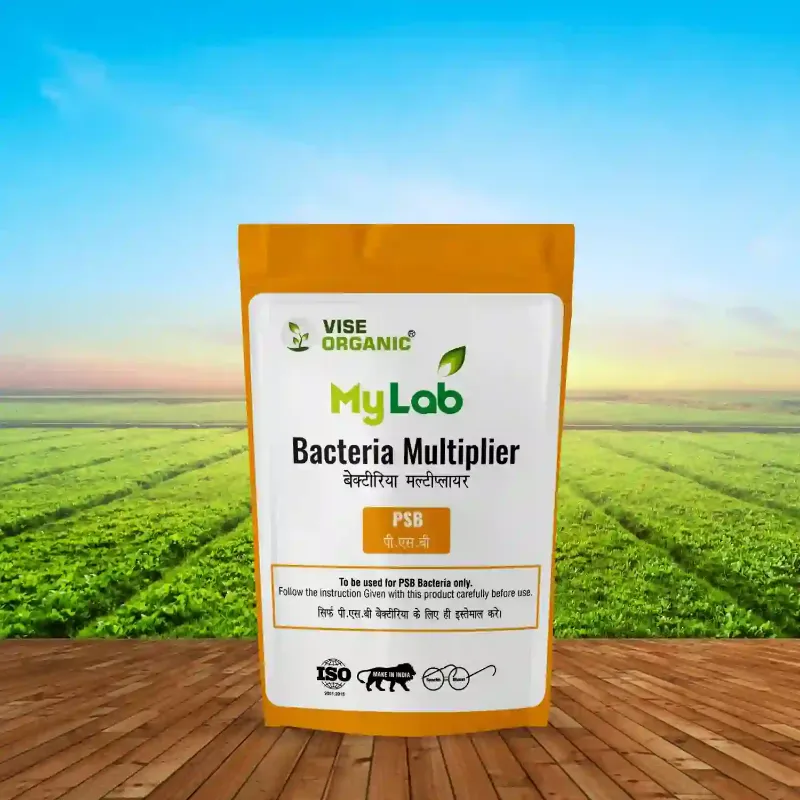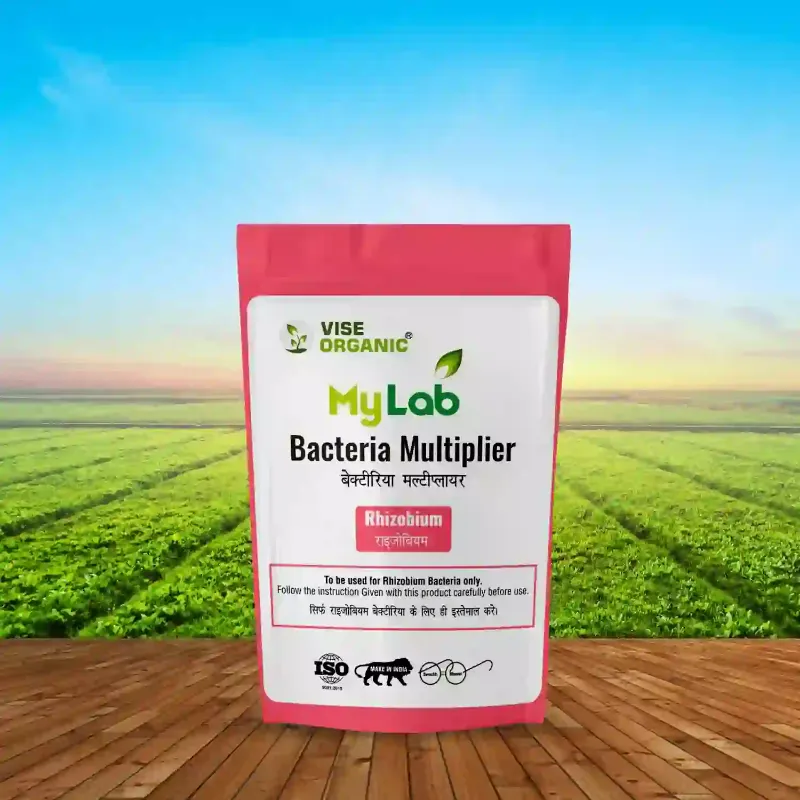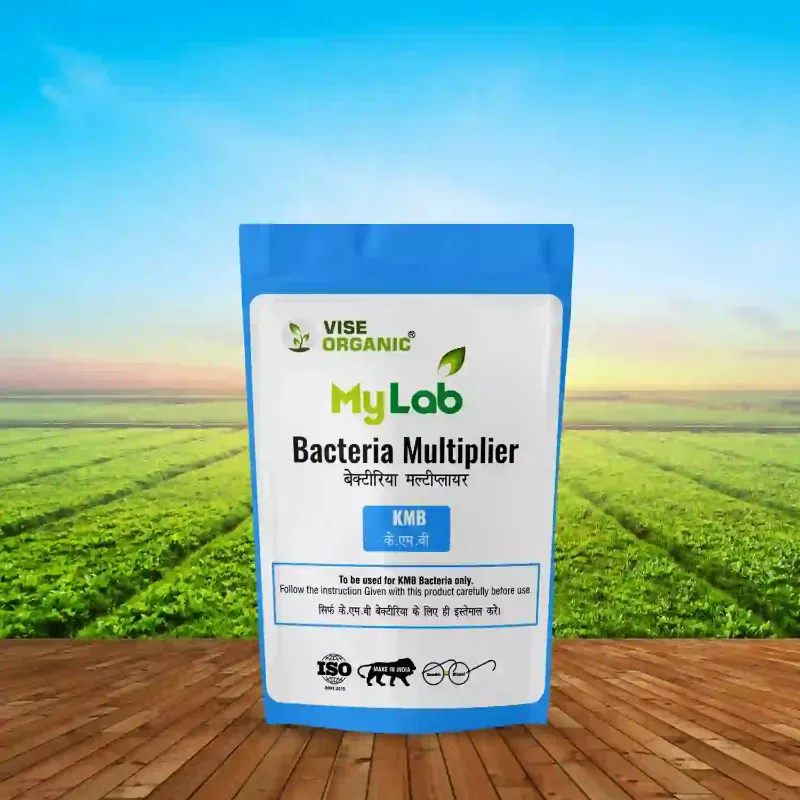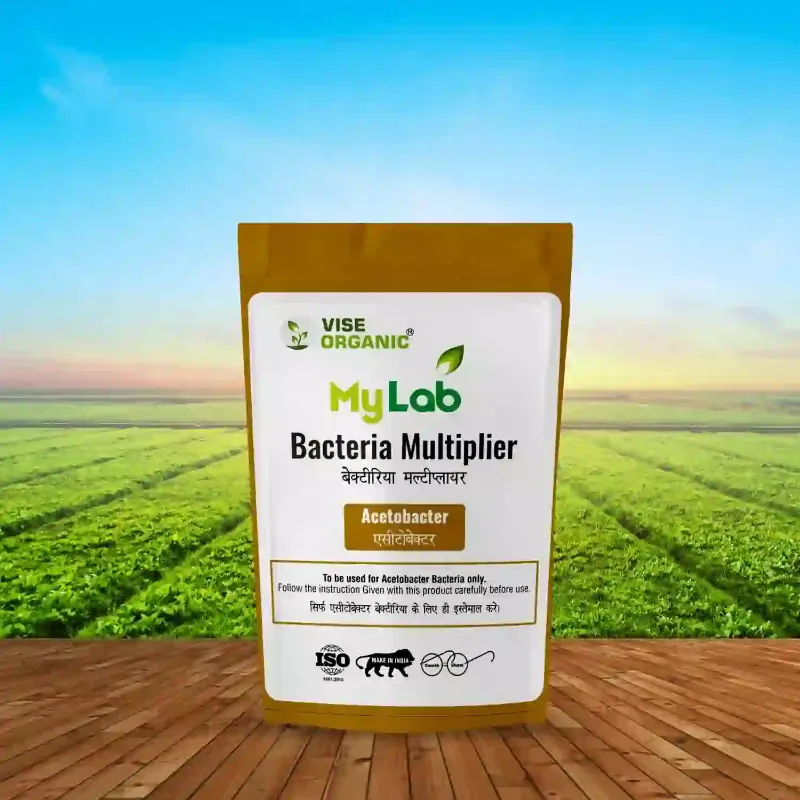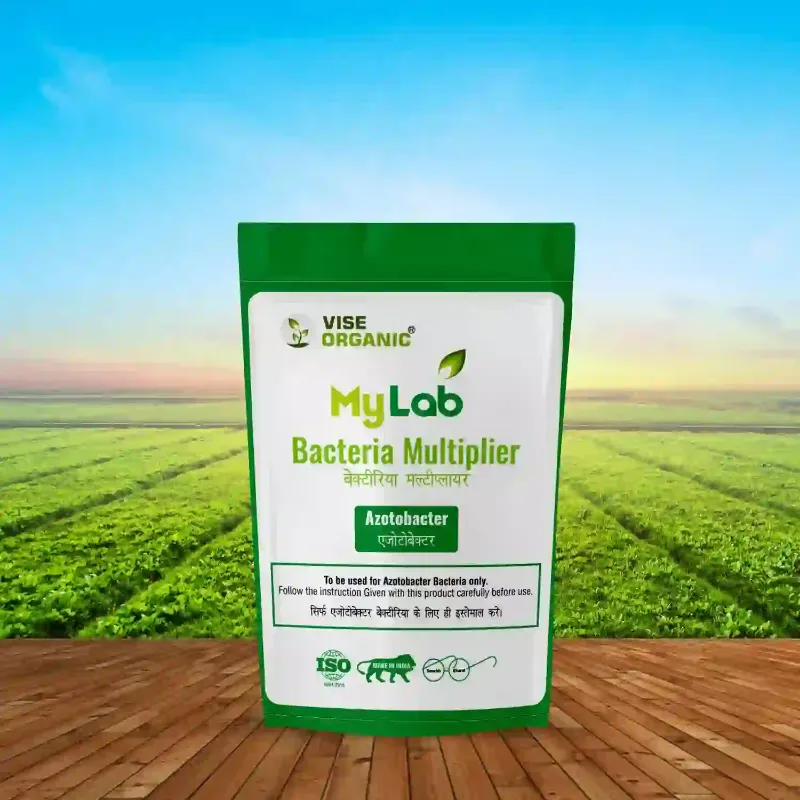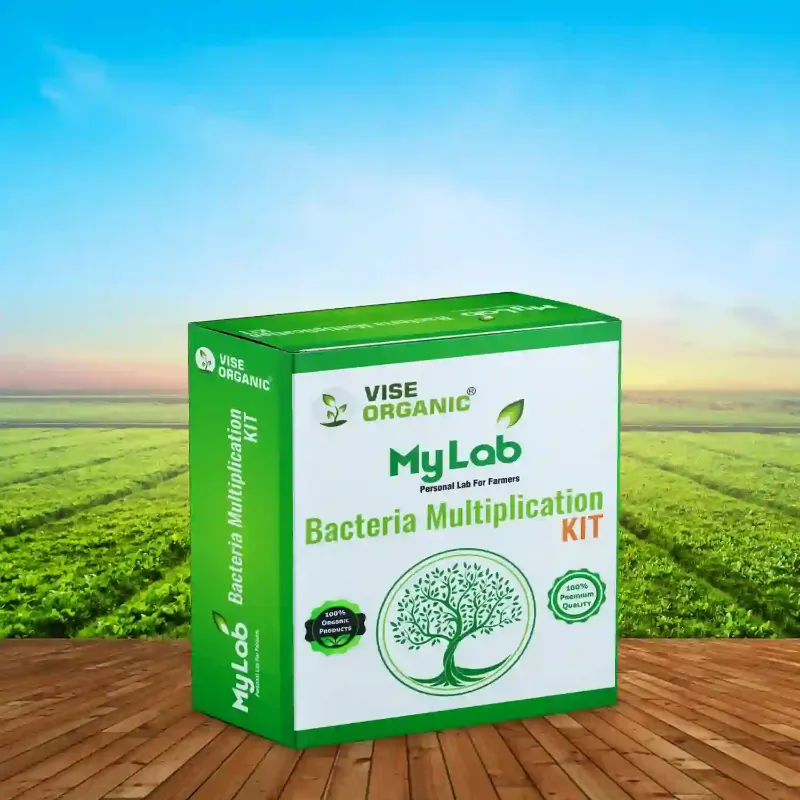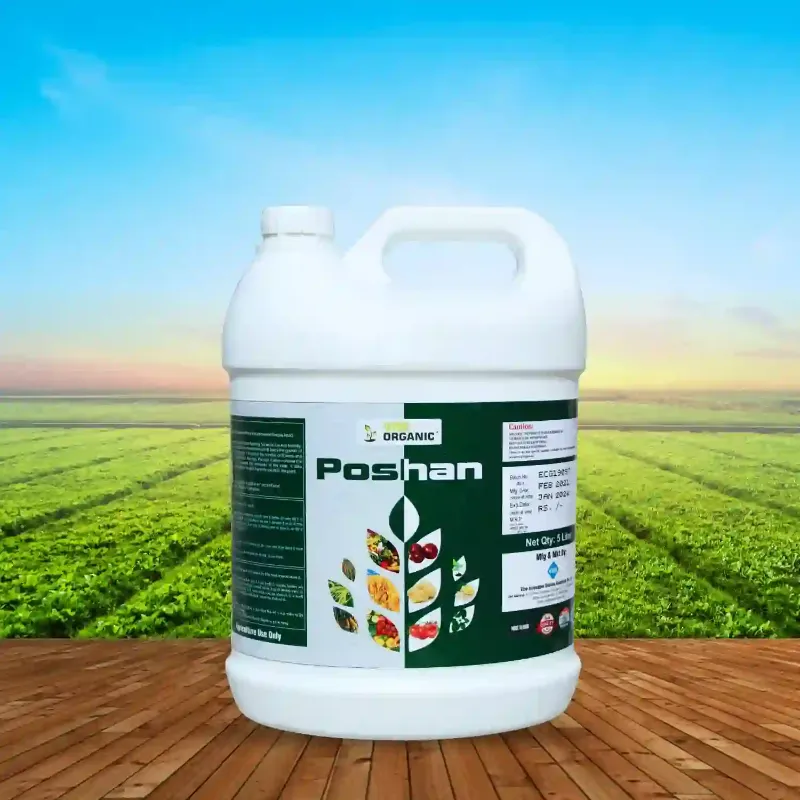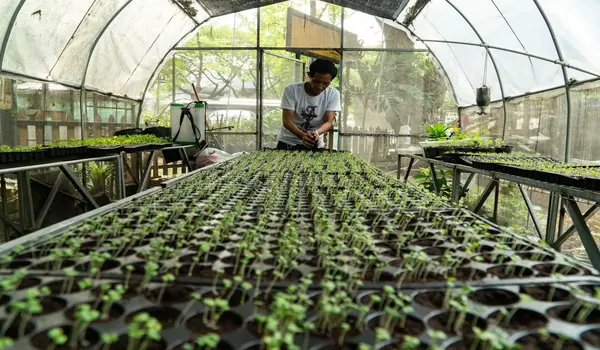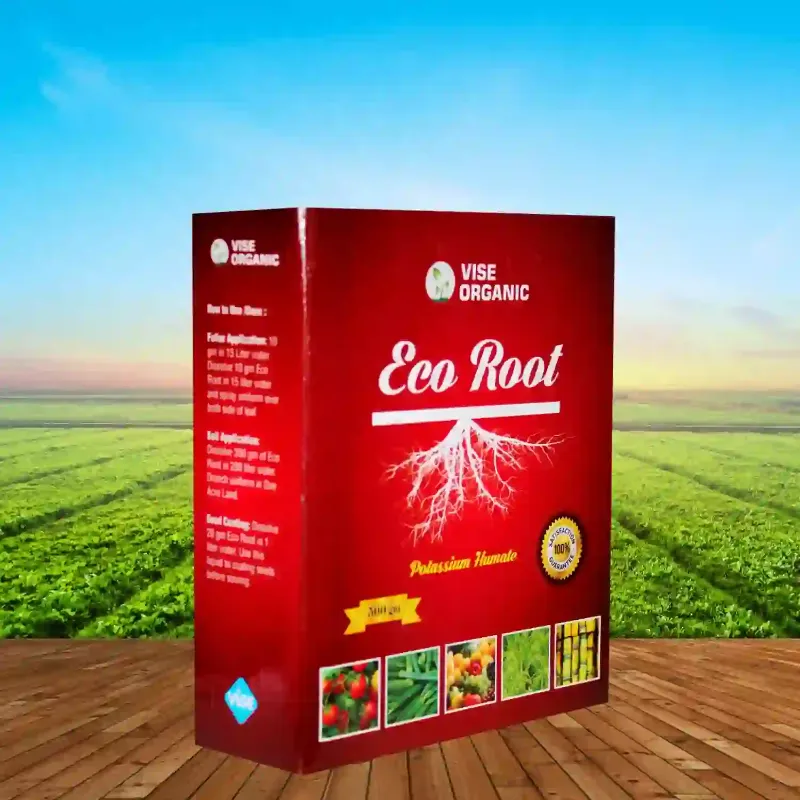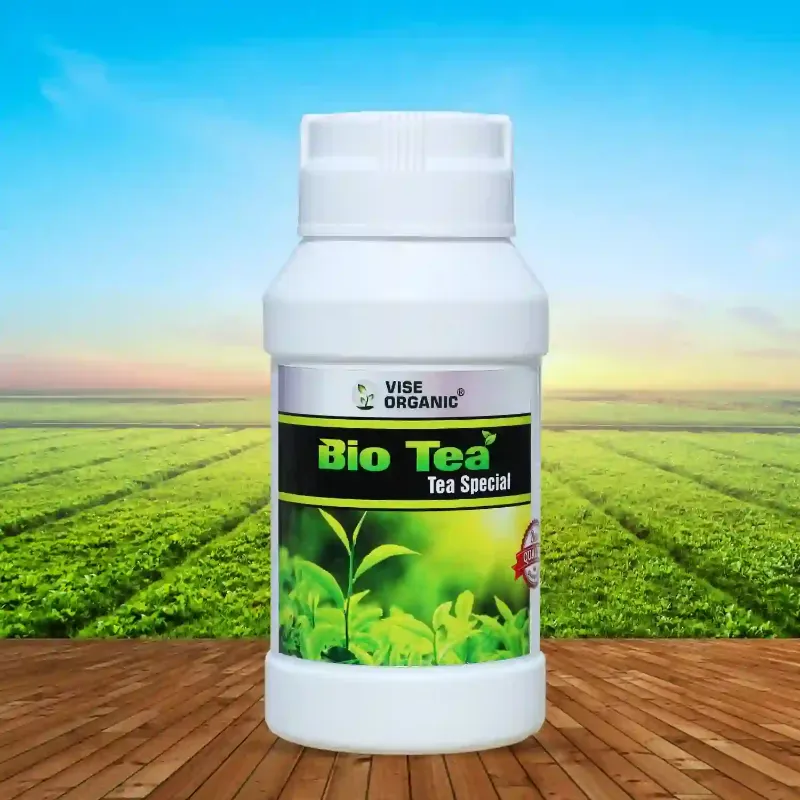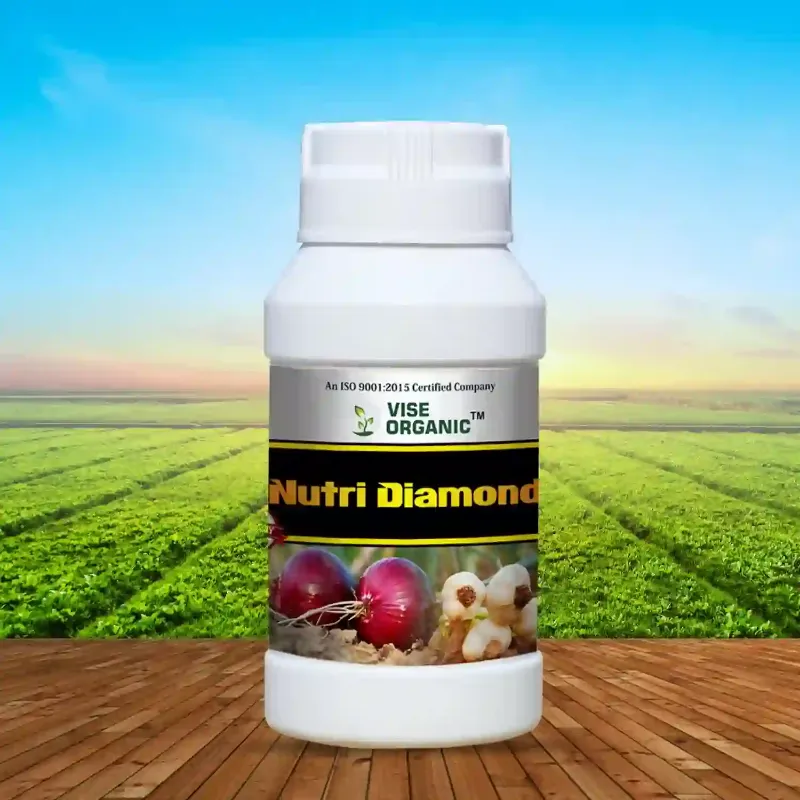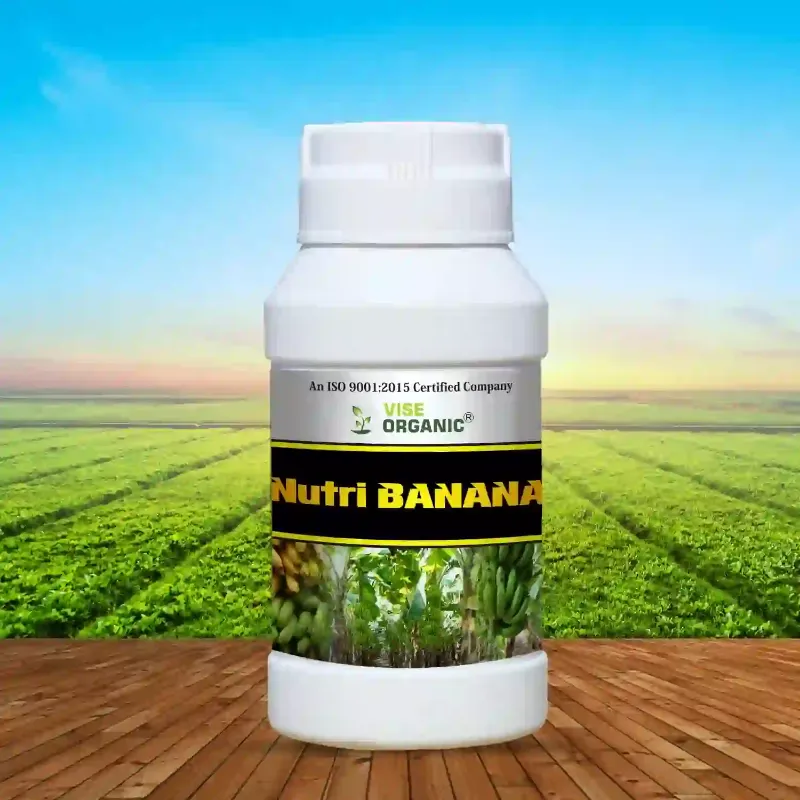Introduction
VISE Organic is dedicated to revolutionizing agriculture with innovative, eco-friendly solutions that promote sustainable farming practices. Our mission is to provide farmers with products that enhance crop quality, yield, and safety while protecting the environment.VISE Organic specializes in creating high-quality organic fertilizers and plant growth promoters. Our products are designed to deliver essential nutrients to crops in a balanced manner, supporting optimal growth and development. By fostering a healthier soil ecosystem and reducing the need for chemical inputs, our solutions not only improve crop yields but also enhance the nutritional value and safety of the produce. VISE Organic is committed to sustainable agriculture, offering products that are both effective and environmentally friendly, ensuring long-term benefits for farmers and consumers alike.
Benefits of Organic Techniques
- Improved Nutrient Content: Organic farming methods often result in higher levels of essential nutrients in crops, such as vitamins, minerals, and antioxidants.
- Reduced Chemical Residues: By avoiding synthetic pesticides and fertilizers, organic techniques significantly reduce the presence of harmful chemical residues in food.
- Enhanced Flavor and Quality: Organic produce tends to have better taste and texture due to the natural growth processes and rich soil environment.
- Environmental Sustainability: Organic practices help maintain soil health, reduce pollution, and promote biodiversity, contributing to a sustainable ecosystem.
- Increased Soil Fertility: Organic farming enhances soil structure and fertility, leading to healthier crops and reduced need for artificial inputs.
- Support for Local Ecosystems: Organic methods encourage a diverse range of organisms that support pest control and pollination, leading to more resilient farming systems.
- Safer Food Production: Organic practices reduce the risk of contamination from harmful substances, ensuring safer food production processes.
- Consumer Health Benefits: The reduction of toxic chemicals and the higher nutrient content of organic produce contribute to better overall health for consumers.
How can organic techniques enhance food quality and safety?
- Natural Pest and Disease Control: Organic farming relies on natural methods to manage pests and diseases, such as crop rotation, biological pest control, and the use of resistant crop varieties. These techniques minimize the need for chemical pesticides, reducing the risk of chemical residues on food.
- Use of Organic Fertilizers: Organic fertilizers, such as compost and manure, enrich the soil with essential nutrients without introducing harmful chemicals. This leads to healthier crops that are free from synthetic additives, enhancing food safety.
- Enhanced Soil Health: Organic practices improve soil structure and fertility, which in turn supports the growth of robust and healthy plants. Healthy plants are less susceptible to pests and diseases, leading to safer and higher-quality produce.
- Biodiversity and Ecosystem Health: Organic farming promotes biodiversity by creating a balanced ecosystem that supports beneficial insects and wildlife. This natural balance reduces the need for chemical interventions and helps maintain a healthier environment.
- Reduced Contamination Risks: By avoiding synthetic inputs and following stringent organic standards, organic farming reduces the risk of contamination from chemicals, heavy metals, and other pollutants, ensuring safer food products.
Conclusion
Organic farming techniques play a crucial role in enhancing food quality and safety. By focusing on natural growth processes, soil health, and ecosystem balance, organic practices produce food that is rich in nutrients, free from harmful chemicals, and superior in taste. VISE Organic supports these sustainable practices by offering high-quality organic products, enabling farmers to produce healthier and safer food for consumers. Embracing organic techniques not only benefits individual health but also contributes to the overall well-being of our environment, creating a sustainable future for all.

